Catalonia: how to buy industrial and commercial land?
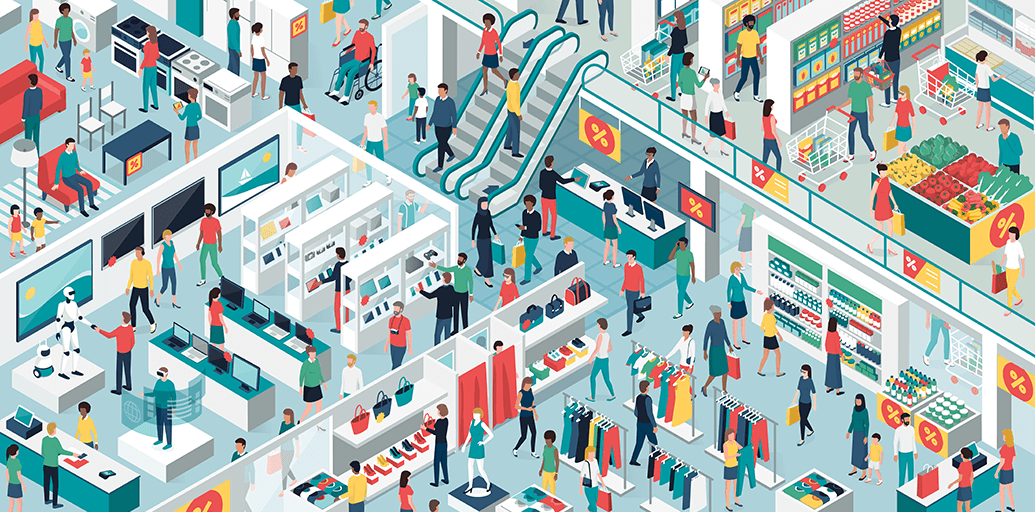
Are you looking to set up in Catalonia to develop your company's activity? This Spanish region is ideal for logistics and industrial platforms, as well as for the distribution sector, both traditional and food. To set up, companies purchase industrial or commercial land.
Why Catalonia for the purchase of commercial and industrial land?
The Catalan economy is the driving force of Spain and is based on a foundation of industries and service activities. Commerce (including e-commerce), logistics, tourism, new technologies and industries play a central role in its economy. Catalonia favours industries, including food and logistics, and foreign investment is strongly encouraged.
The Catalan terrain is competitive, leaves plenty of room for research and innovation, and is very open to the world. Catalonia also has a qualified workforce with the necessary skills for the successful development of your company.
The ideal location for the purchase of your commercial or industrial land will depend on your activity: La Jonquera logistics platform to take advantage of the proximity of the French-Spanish border or Barcelona for the dynamism of this port city. If you want to set up distribution shops in Catalonia, you can consider different locations: Barcelona, Figueres, Girona, etc.
The Catalan economy is open to the outside world and specialises in international trade. The region has advanced facilities and infrastructures, including a port and an international airport, as well as extensive areas dedicated to logistics.
Its geographical location is particularly interesting: located on the Mediterranean, it is a real bridge between Europe, North Africa and the rest of the world. It should also be noted that Catalonia, Languedoc-Roussillon and the Midi-Pyrénées form the Pyrenees-Mediterranean Euroregion.
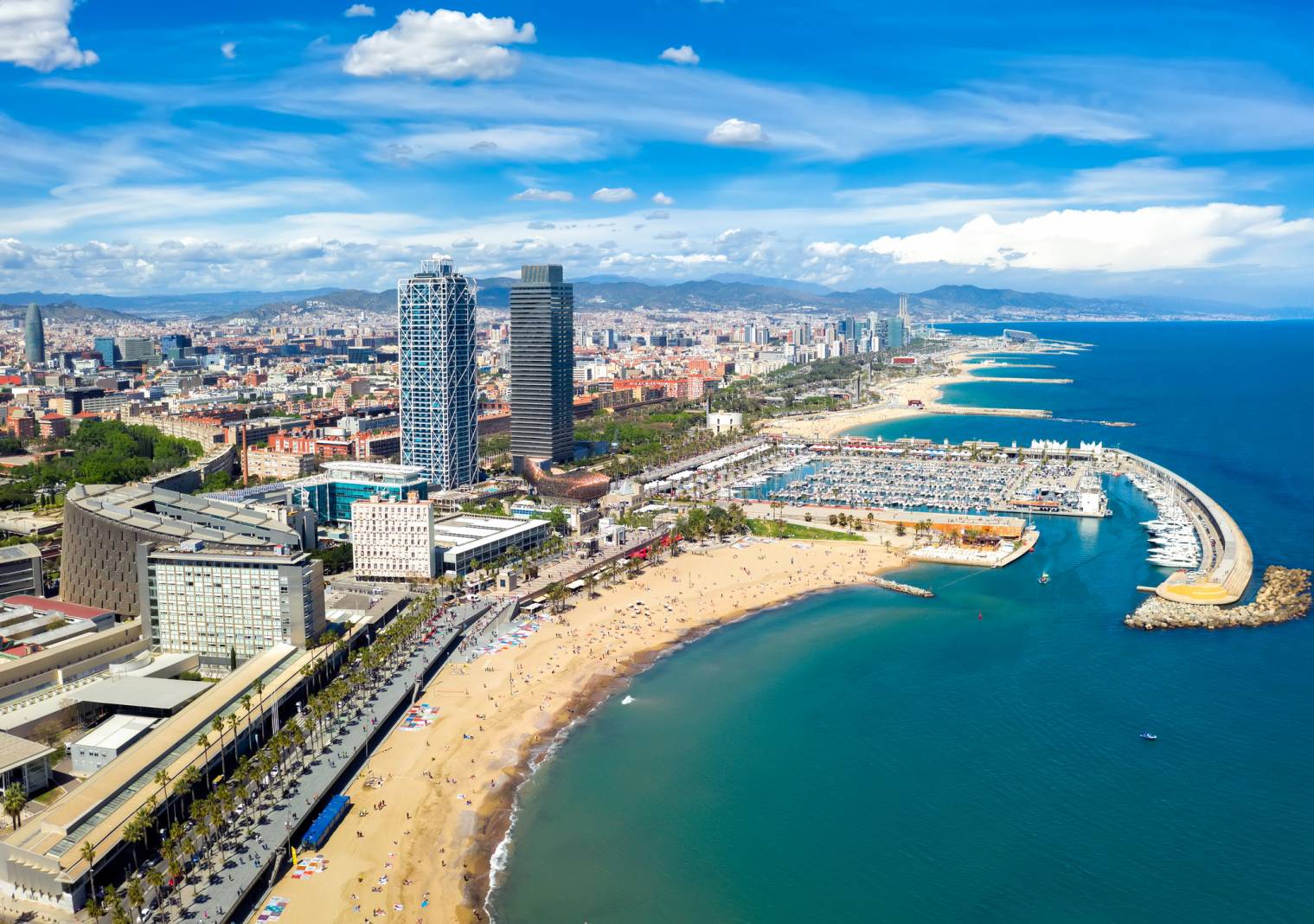
Logistics and distribution: among the most popular sectors for foreign investment
Thanks to its numerous dedicated infrastructures, logistics is a strong sector in Catalonia. Many international companies have set up shop here, such as Ikea, Nissan, MSC Cruises, Decathlon, etc. Catalan infrastructures are specialised according to the different sectors of activity. This is necessary to accommodate the agri-food, automotive, textile, chemical and electronic industries, for example.
The region has an extensive and well-developed network of logistics operators, including Fedex, UPS, Inditex, DHL, MRW, ID Logistics and Logifashion. As the largest multimodal logistics hub in Southern Europe, it contains two of Europe's most important ports, a high-speed train station, an international airport and road infrastructure linked to the European network.
Barcelona's international airport handles flights from 57 countries and saw over 50 million passengers in 2018. The port of Barcelona and Tarragona handle more than 95 million tonnes of goods every year. There are more than a hundred shipping lines from more than 200 ports on 5 continents. If the port of Barcelona is the 3rd most important in terms of volume, the port of Tarragona can boast the best equipped in Southern Europe in terms of specialised infrastructures for the transport of chemical products.
Amazon chose Catalonia as the location for its southern European logistics hub. It is one of the most important foreign investments in the region and has generated a large number of jobs. Mersk has also chosen Barcelona to open its first logistics warehouse in Southern Europe. The Danish company has signed a contract with CILSA (the logistics management company of the port of Barcelona) for the construction of a 7,710 sqm warehouse and 458 sqm of offices, which should be operational by 2022.
The distribution sector, which shares great affinities with the logistics sector, also has great potential in the region. Online, retail, specialised or mass distribution take advantage of the developed logistics network to deliver products to retailers or to the final consumer.
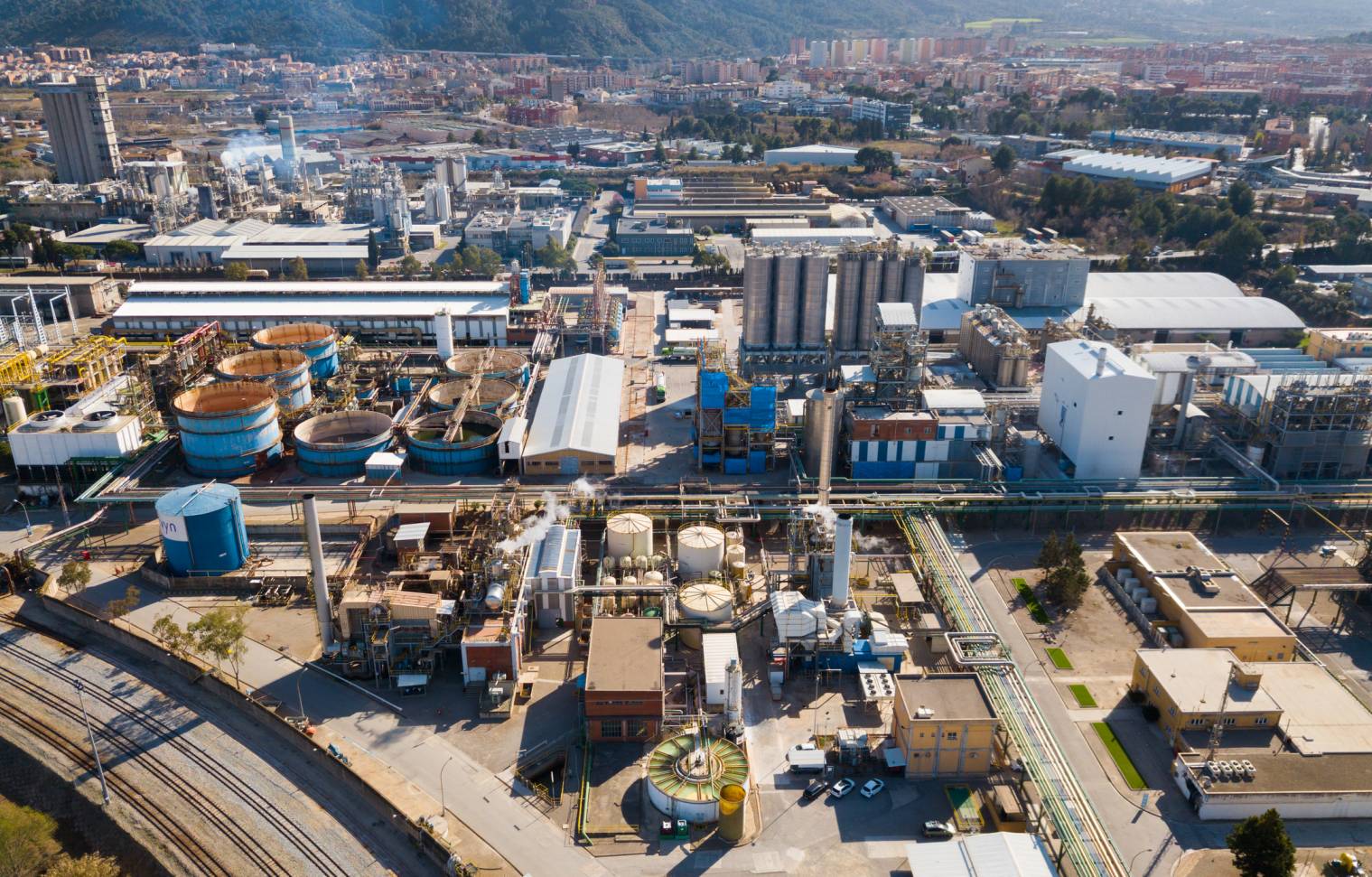
Buying industrial or commercial land in Spain
In general, the acquisition of these types of land in Spain is similar to the acquisition of residential land. There are two stages: the reservation on contract and the final act of purchase. The purchase can be made by a natural person or a legal entity, although it should be noted that both options have their own advantages and disadvantages.
While it may seem more attractive to transact directly with the owners, many companies choose to use real estate agencies to purchase industrial or commercial land in Spain. It should also be noted that unlike French notaries, Spanish notaries are not required to carry out administrative checks prior to the sale.
It is therefore advisable to contact a real estate agency prior to any transaction. They are often specialised in foreign investments and are familiar with the legislation, regulations and other particularities of commercial property in Spain.
La Jonquera
La Jonquera (or La Jonquière in French) is a municipality in the province of Girona. It is located in the north of Catalonia, in the foothills of the Alberes Mountains and right next to the French border. Formerly the home of the now defunct customs officers, it has been boosted by border trade since the 1950s - especially alcohol and tobacco.
It is an obligatory route for truckers, especially on the Barcelona - Montpellier axis. The town is now a vast commercial zone that sees several thousand lorries pass through every day. It has about thirty supermarkets and a 20,000m² shopping centre. Its dynamism and location make it particularly interesting for logistics and distribution companies.
This cross-border town is particularly well known for its outlets and products, especially food. With the Covid-19 pandemic, its clientele - essentially French - has become rarer, forcing many shops to close down for good. The municipality is still listening to foreign investors who want to give a new lease of life to the Jonquera. There is no doubt that once the health crisis is over, the Jonquera will once again be courted by the most astute investors.
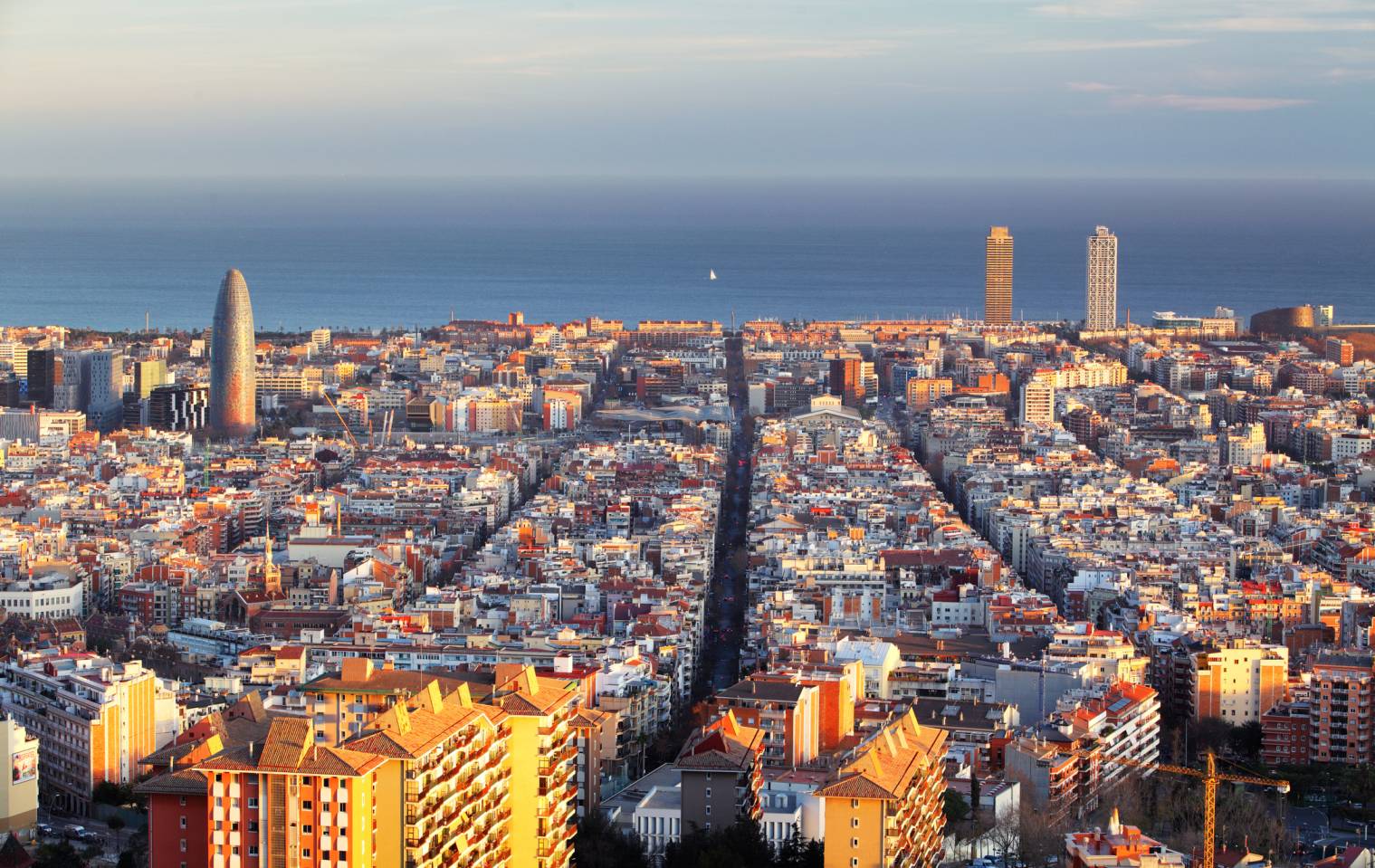
Figueres
Also known as Figueras, this city in northern Catalonia is the capital of the Alt Empordà region of Girona. It is ideally situated close to the French border, the Costa Brava and Barcelona and is also on the Barcelona - Montpellier road.
It is a strategic road communication node, especially because of the AP7 motorway. Figueres is an obligatory passage for both cross-border and international goods transport, especially from Africa to the whole of Europe.
There is also a TGV service from France, but a difference in track gauge at the border crossing remains a handicap to date. It requires goods to be transhipped from one train to another, unless they have equipment to adapt their axles to the tracks. As this is not the case for all trains, there is a real need for logistics in Figueres. At least until the construction of the high-speed line between Barcelona and Perpignan and its various stations is completed.
In a predominantly agricultural Alt Empordà, the city of Figueres stands out for the presence and dynamism of an important commercial and tertiary activity. Shops, restaurants and the food industry account for almost ¾ of the town's activity.
Figueres is part of the Investin Girona - Figueres plan, which began in 2015 and aims to attract and capture foreign investment in the urban areas of these two cities. Its main sectors are logistics, food, health and life science industries and tourism. The plan offers support to foreign investors and provides them with tailor-made projects and follow-up when purchasing commercial or industrial land.
Girona
Girona is the capital of the province of the same name and of the comarca of Gironès. It is about sixty kilometres from the French border and about one hundred kilometres from Barcelona.
It has an airport 10 km from the city centre - Girona-Costa Brava - and a railway station to the west of the old town. Girona is an important stop on the Alta Velocidad España and high-speed trains. The AP7 and the N-II run through the city's road network.
Often considered one of Spain's best cities to live in, it is also one of the cities with the highest per capita income. Trade and business contribute greatly to its economy, but Girona is also an important place for food products and commodities, especially meat. There are also important manufacturing plants, such as Haribo, Bicentury and Gas Gas. Popular with tourists, Girona has also become a place of interest for film productions, and its Cathedral has hosted the filming of Game of Thrones and Monk.
Note that Girona is part of the Investin Girona - Figueres plan. This initiative began in 2015 with the aim of promoting foreign investment in the urban areas of Figueres and Girona.
Barcelona
It is the economic and administrative capital of Catalonia and the second most populous city in Spain. It is a major road hub and is linked to Madrid by the AP-2 and to France by the AP-7. However, road transport is not recommended within the city, which is particularly congested. It has a well-developed rail network, including the Madrid-Barcelona-Figueras high-speed line and international services covering several French cities, including Toulouse, Marseille, Lyon and Paris.
Barcelona is a global city in many ways: it is important in international trade, finance and the arts. It is a city with a strong tourist appeal, attracting millions of visitors every year.
On the seafront, there is one of the most important ports in the Mediterranean, the Port of Barcelona, which is also the second most important port after Madrid-Barajas. It has 2 international terminals and handles special cargoes such as cars, hydrocarbons and has silos. This port is located in the south of the city, as is the Josep Tarradellas Barcelona-El Prat airport. They are located close to the free zone, where most of Barcelona's heavy industry is located.
It is one of the most important and competitive cities in Europe. Barcelona is the cradle of many industries, such as chemicals, pharmaceuticals, biomedical, automotive, electronics and household appliances. It is home to more than 90% of the foreign companies established in the Catalan region, of diverse origins: Japan, France, the United States and Switzerland, for example.
As an innovation hub, it is home to more than 1,500 start-ups, attracted by foreign investment and ranks 5th in venture capital flows. The city has an excellent position in the field of e-commerce and has given birth to many digital platforms, such as eDreams or Glovo.
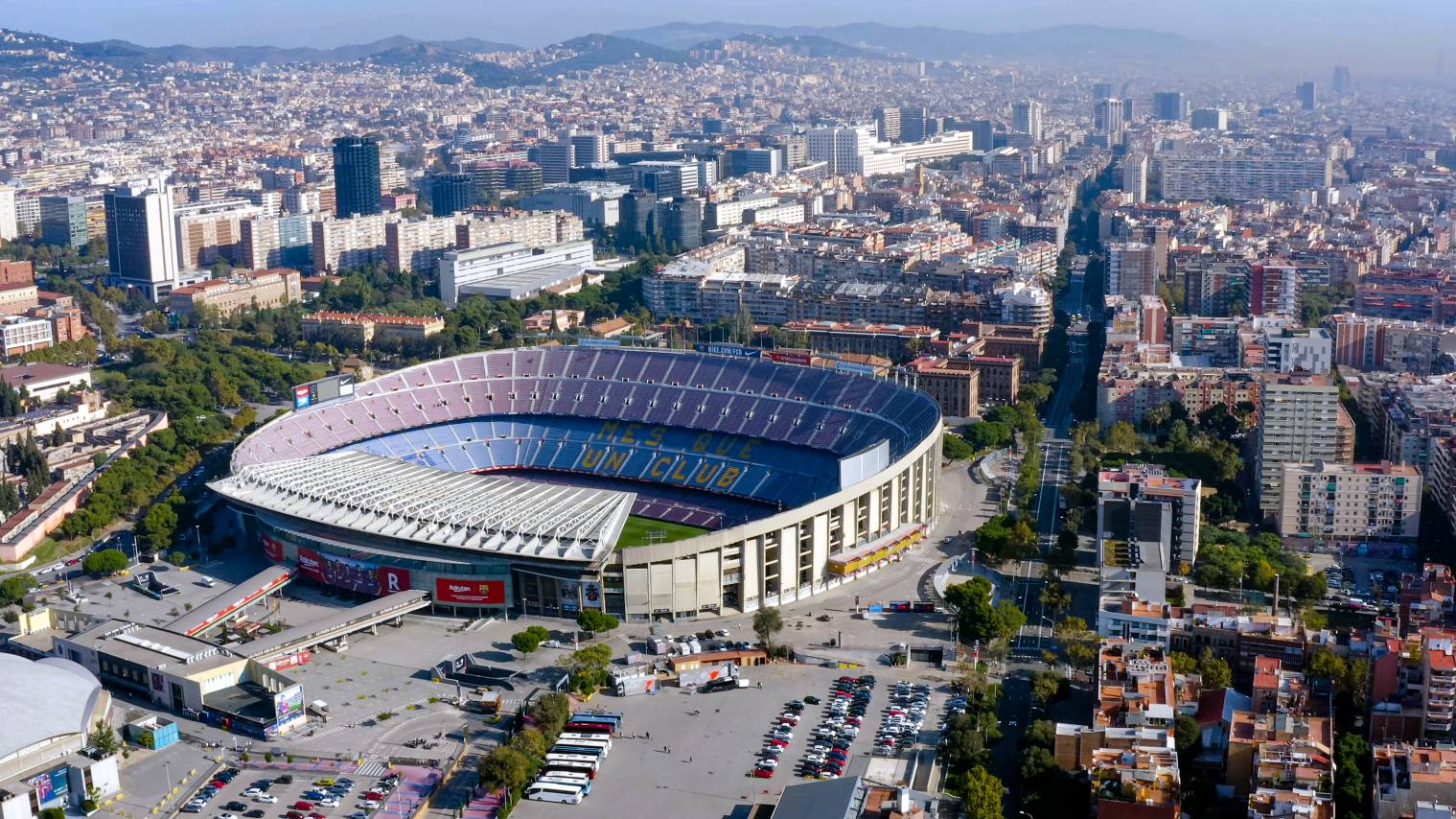
Blanes
Blanes is a municipality in the province of Girona in Catalonia, a seaside resort at the southernmost point of the Costa Brava. Before becoming a major tourist destination, it was for a long time dependent on industry, livestock and fishing.
This former fishing village hosts the annual Santa Anna and Sant Joaquim festival in July. These 8 days of celebrations also include the Concus de Focs d'Artifici, an international fireworks competition that attracts around 500,000 visitors every year.
For visitors, Blanes has the advantage of combining the charm of the old with modern facilities. Its historic centre has retained the authenticity of a small coastal village, which appeals to both local and international tourists. You will find the only fish auction in the region as well as a wide variety of small shops, which at the moment are mainly concerned with the needs of the local population. This small town with its atypical charm is currently experiencing significant urban growth. There are many large retailers, especially in the suburban area (Aldi, Lidl, etc.).
Please complete the form by clicking below and our advisers will get back to you as soon as possible to discuss your project.
You can also contact us at +34 872 268 850








